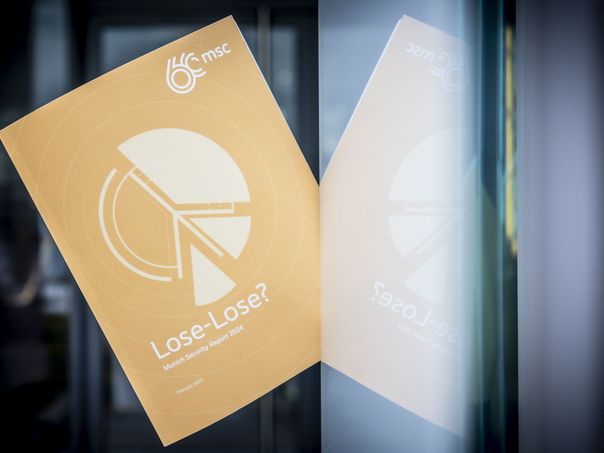
Munich Security Report: pro-Russian Oligarch Ivanishvili Responsible for Georgia’s Tilt Away from EU
In the latest edition of the Munich Security Report for the year 2024 titled “Lose-Lose?”, Bidzina Ivanishvili, described as “the pro-Russian oligarch and founder of Georgia’s governing party,” is identified as responsible for Georgia’s recent democratic backsliding and movement away from the European Union, “against the wishes of the majority of the Georgian public.”
Apart from the role of Ivanishvili, the report also highlights Russia’s tactic of using threats of “fueling separatism in Abkhazia and South Ossetia [occupied Tskhinvali region] to sow instability.” The report reads that “Russia may have failed to draw Georgia, Moldova, and the Western Balkans into its camp, but it still seeks to spoil their westward integration.”
According to the report, following the Russian invasion of Ukraine, the cooperative era of European security has ended, and countries stuck in the grey zone between the Russian and Western camps find themselves in a precarious situation, forced to choose sides, noting that Georgia, Moldova, and the Western Balkans are feeling “the precariousness of being in between the camps.”
The report states that it is in the hands of the EU and NATO to “shrink the grey zone” by actively supporting countries on their paths toward membership while also setting more ambitious milestones along the way.
It calls on the EU to concretize the notion of staged accession and reward reform progress with gradual access to its institutions and policies. This should include, according to the report, “regular invitations of candidate countries as guests to European Council and Council meetings.” Moreover, “NATO Allies should, where necessary, extend bilateral security guarantees in the interim phase until accession,” the report states.
The Munich Security Report provides an annual summary and interpretation of significant global developments. Offering insights into pivotal challenges, it sets the stage for discussions at the conference in Munich. This year marks its tenth edition.
This article was updated on 14/02/2024 at 16:00 to add the information about the report.
Also Read:
- 27/02/2023 – Opinion | The Munich Security Conference 2023: Missed Opportunity for Georgia
- 18/02/2023 – Prime Minister Garibashvili Attends Munich Security Conference
This post is also available in: ქართული Русский